Photographs: Pete Souza/White House Photos Aziz Haniffa in Washington, DC
The flurry of reports by leading Washington, DC-based think tanks to coincide with US President Barack Obama's visit to India continued unabated with a second report in a week by the Carnegie Endowment for International Peace, which said the visit would be historic if Obama can 'correct the drift and reinvigorate what will be a critical global collaboration'.
The report titled 'Obama in India, Building a Global Partnership: Challenges, Risks, Opportunities', said barely a year after Obama told New Delhi that it was 'indispensable' in the endeavour to build 'a future of security and prosperity for all nations', the US President's vision was being tested.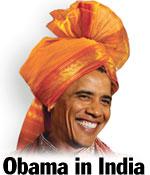 The report has been authored by strategic affairs expert Ashley J Tellis, erstwhile Bush administration official and currently a senior associate at CEIP. An advance copy of the report was provided to rediff.com before its rollout at a briefing on October 28.
The report has been authored by strategic affairs expert Ashley J Tellis, erstwhile Bush administration official and currently a senior associate at CEIP. An advance copy of the report was provided to rediff.com before its rollout at a briefing on October 28.
...
Obama must 'reaffirm US commitment' to India
The report said Obama's vision was being tested 'not by catastrophe, but by the normal vicissitudes of democratic politics in economically trying times', where both in the US and India, 'circumstances have combined to encumber the official relationship, despite the best intentions of their leaders and in spite of the deepening societal ties'.
Thus, it said, the upcoming visit 'provides a splendid opportunity to correct this drift and reinvigorate a critical global collaboration', which could happen by Obama 'reaffirming the US commitment' to aid India's growth in power and emphasising America's fellowship with India as in continues, in Jawaharlal Nehru's words, 'to build a just society by just means'. "Obama can help bring the two countries together on shared interests and move their relationship forward significantly," it predicted.
"Obama can help bring the two countries together on shared interests and move their relationship forward significantly," it predicted.
Indian pilgrimage is an opportunity for Obama
Tellis argued in his report that Obama embarks "on his Indian pilgrimage at a time when engagement between the two countries is indeed extensive by historical standards, but still lacks the desired depth."
"Growing ties at the societal level mask -- though at times they help to compensate for -- the absence of deep trust and the weak habits of cooperation witnessed at the official level on both sides," he said.
Tellis acknowledged: "These problems can be partly excused by the infancy of the current transformation of US-India relations," and added: "Yet this formative phase represents an opportunity for Obama to shape its emerging course through symbol and substance during his visit."

He said "What the partnership needs most at the US end currently, if it is to blossom in the manner desired by the President, is a clear articulation of Obama's own vision of how India fits into the strategic weltanschauung (comprehensive conception) of the United States."
Thus, according to Tellis, "Obviously, the President's entire trip -- what he does, whom he meets, where he goes, and what he says -- will provide him with such an opportunity."
Parliament speech will carry special resonance
"But since he is, personally, such a historic and transformational figure who is admired in India, his message -- especially when addressed to India's Parliament, the highest forum of Indian democracy -- will carry special resonance both within the country and abroad," Tellis said.
The report said that Obama's "overall objective must be to affirm the US commitment to a durable global partnership with India -- one that serves the common strategic interests acknowledged by both sides -- so New Delhi can make a robust commitment to collaboration in return."

To help achieve this goal, Tellis provided a laundry list of themes Obama should emphasise on starting off with an unambiguous and unequivocal declaration that "the United States views India not merely as the preponderant power within South Asia but as a critical America partner in Asia and globally."
India's choices now make a difference on a wider canvas
The report bemoaned that "for far too long, American policy makers have thought of India purely in a South Asian context or, even worse, merely as a 'hyphen' with Pakistan."
Tellis said, "Whatever the merit of such views historically, they are now anachronistic, as India's economic success positions it to play on a wider international stage and as Pakistan's downward trajectory essentially eliminates it as a serious geopolitical rival."

"The rise of China now ties India's emergence far more strongly to developments within East Asia and Beijing's recent appearance in the northern Indian Ocean has effectively unified the Indo-Pacific strategic space in a way that strengthens New Delhi and Washington's already converging interests," he said.
"The same is true in the areas of low politics as well: whether it be the global economy, energy security, or climate change, India's choices now make a difference on a wider canvas beyond just southern Asia."
How Indians view Obama's Pakistan policy
Tellis predicted that "no theme articulated by President Obama would resonate more with the Indian people than this one, particularly after the vicious terrorist attacks of November 2008 in Mumbai and the still simmering controversies over David Headley," the Pakistani American Lashkar-e-Tayiba operative who was an integral part of the conspiracy that resulted in 26/11.
He said in his 38-page report that "although the United States and India have greatly improved their counterterrorism cooperation in the aftermath of this tragedy, the Indian body politic is deeply conscious that Washington's regional policy has failed to shift the Pakistani military away from its long-standing support of terrorist groups attacking India."

"Most Indians recognise that the current US assistance to Pakistan is driven by Washington's dependence on Islamabad -- or, more accurately, Rawalpindi -- for success in Afghanistan," he said, and noted, "even when they conceded that the long-term objective of transforming Pakistan through enhanced assistance is noble, they are convinced that prevailing US policies toward Pakistan will not only fail to secure that aim but will actually end up strengthening the men in khaki over their civilian counterparts and, by implication, augment their ability to wage the ongoing war against India."
What the President should be saying in India
Tellis advised that "at a time when the endgame in Afghanistan is underway, when terrorist groups such as Lashkar-e-Tayiba are still active, and when Obama's own promise not to write 'a blank check' for Pakistan has failed to materialise, the need to affirm America's strong support for India's efforts to protect its citizenry and its democratic institutions against the barbarous attacks by religious extremists and their state supporters in Pakistan is especially urgent."
"The President should, first, condemn clearly all Pakistani terrorist attacks in India, especially those supported by agencies of the Pakistani  state; second, commit to further assisting India in preventing future attacks while aiding it to deal with the consequences of those that cannot be thwarted; and third, declare that preserving India as a secure democracy is a critical objective of America regional policy and will be promoted, including through appropriate US relations with Pakistan."
state; second, commit to further assisting India in preventing future attacks while aiding it to deal with the consequences of those that cannot be thwarted; and third, declare that preserving India as a secure democracy is a critical objective of America regional policy and will be promoted, including through appropriate US relations with Pakistan."

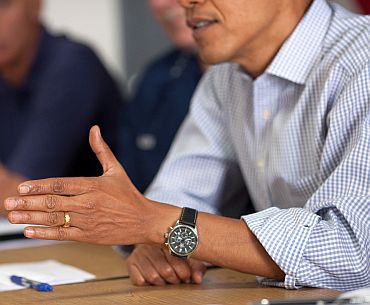
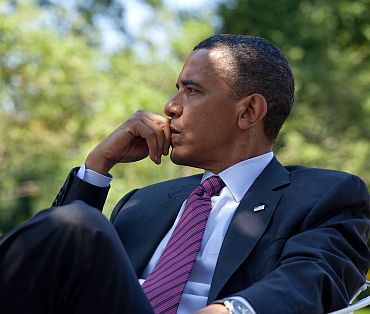
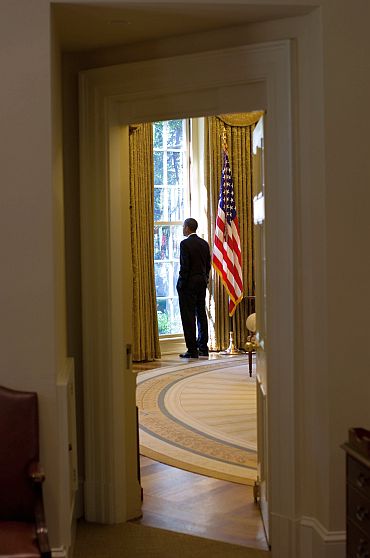
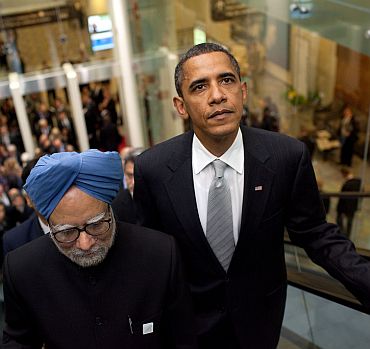

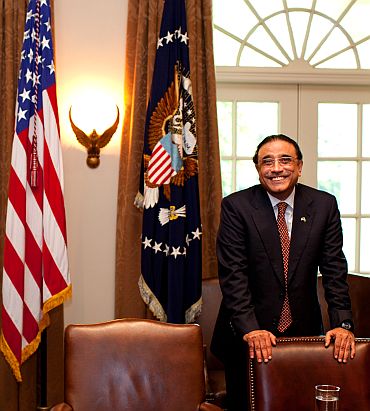
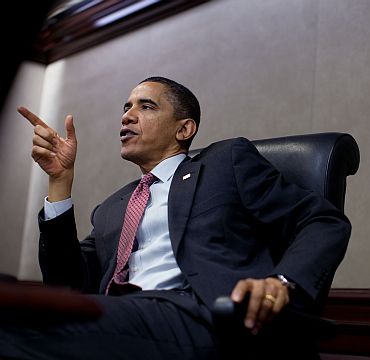
article